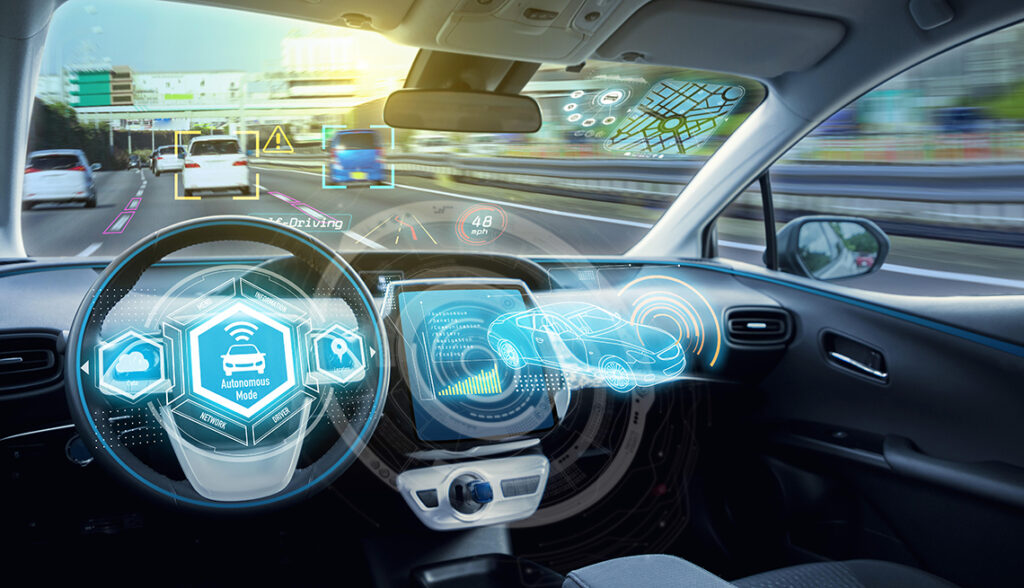
As of September 2025, autonomous vehicles (AVs) are becoming increasingly prevalent on Florida’s roads.
While these vehicles promise enhanced safety and convenience, they also introduce new challenges, particularly in the realm of insurance. Understanding Florida’s regulations and the evolving insurance landscape is crucial for consumers.
Florida’s Legal Framework for Autonomous Vehicles
Florida has been proactive in establishing laws to accommodate autonomous vehicles:
- Florida Statute 316.85: This statute permits fully autonomous vehicles to operate in Florida without a human driver present.
- Florida Statute 627.749: This statute outlines insurance requirements for fully autonomous vehicles, mandating coverage that includes primary liability, personal injury protection, and uninsured/underinsured motorist coverage.
Insurance Considerations for Autonomous Vehicles
As AV technology advances, insurance policies are adapting to address new risks:
- Liability Coverage: Florida law requires that fully autonomous vehicles have primary liability coverage of at least $1 million for death, bodily injury, and property damage.
- Personal Injury Protection (PIP): Vehicles must maintain PIP benefits that meet Florida’s minimum coverage amounts.
- Uninsured/Underinsured Motorist Coverage: This coverage is also mandated to protect against drivers without sufficient insurance.
Safety and Liability Concerns
While AVs are designed to reduce human error, incidents have raised questions about liability:
- Accidents Involving Autonomous Vehicles: There have been reports of accidents involving AVs, leading to investigations and discussions about manufacturer responsibility.
- Liability Shifts: As AVs become more common, liability may shift from drivers to manufacturers or software developers, especially in cases of system failures.
FAQs
1. What are the insurance requirements for autonomous vehicles in Florida?
Florida law mandates that fully autonomous vehicles have primary liability coverage of at least $1 million, personal injury protection, and uninsured/underinsured motorist coverage.
2. Are there any recent incidents involving autonomous vehicles in Florida?
Yes, there have been reports of accidents involving AVs, leading to investigations into manufacturer responsibility.
3. How does Florida’s legal framework support autonomous vehicles?
Florida has enacted statutes that permit the operation of fully autonomous vehicles without a human driver and outline specific insurance requirements.
4. Will insurance premiums decrease with the adoption of autonomous vehicles?
While AVs may reduce certain risks, the overall impact on insurance premiums is still being evaluated as the technology evolves.
5. How can I ensure my autonomous vehicle is properly insured in Florida?
Consulting with an insurance professional familiar with Florida’s regulations can help ensure your AV has the appropriate coverage.
Florida’s proactive approach to autonomous vehicles includes comprehensive legal and insurance frameworks. As AV technology continues to evolve, staying informed about regulatory changes and insurance requirements will help consumers navigate this new landscape effectively.


